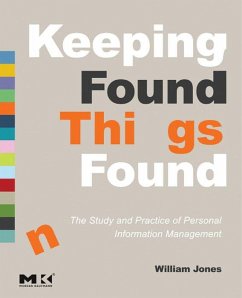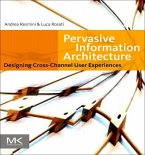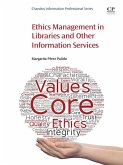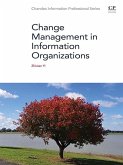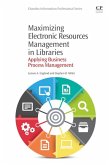It explores what good and better PIM looks like, and how to measure improvements. It presents key questions to consider when evaluating any new PIM informational tools or systems.
This book is designed for R&D professionals in HCI, data mining and data management, information retrieval, and related areas, plus developers of tools and software that include PIM solutions.
- Focuses exclusively on one of the most interesting and challenging problems in today's world
- Explores what good and better PIM looks like, and how to measure improvements
- Presents key questions to consider when evaluating any new PIM informational tools or systems
Dieser Download kann aus rechtlichen Gründen nur mit Rechnungsadresse in A, B, BG, CY, CZ, D, DK, EW, E, FIN, F, GR, HR, H, IRL, I, LT, L, LR, M, NL, PL, P, R, S, SLO, SK ausgeliefert werden.

